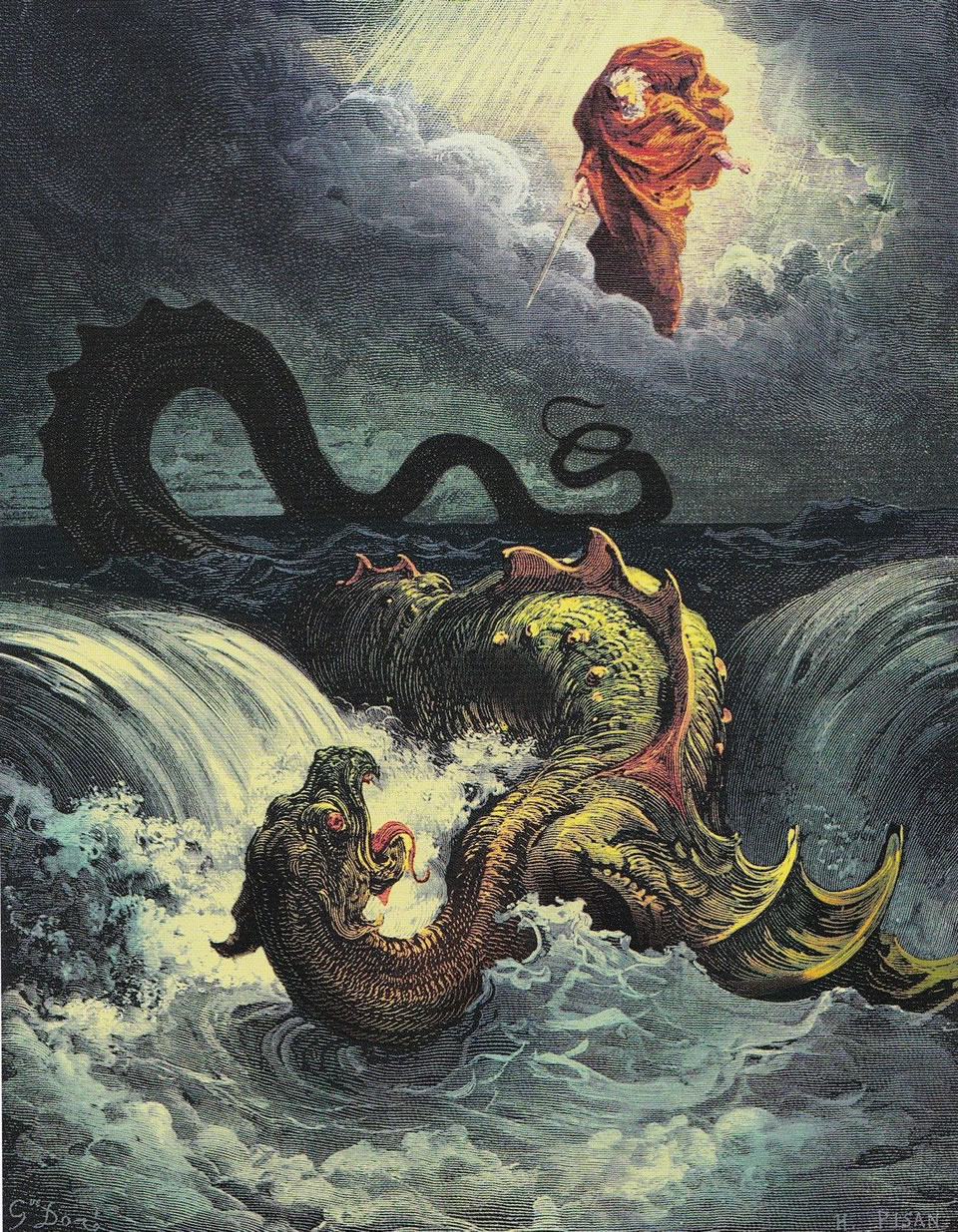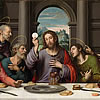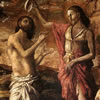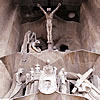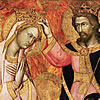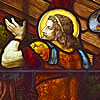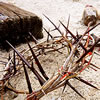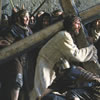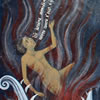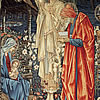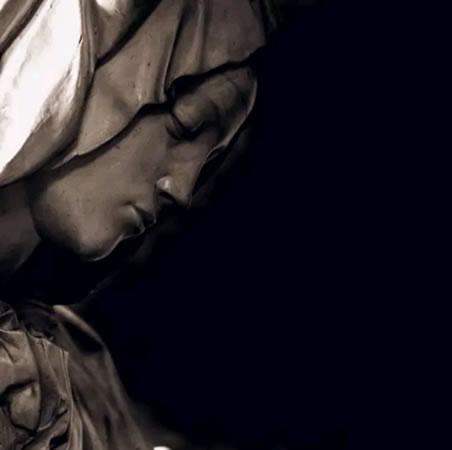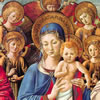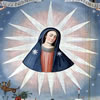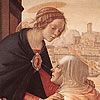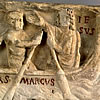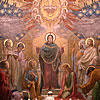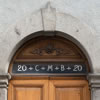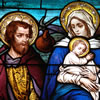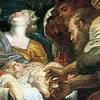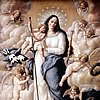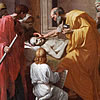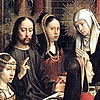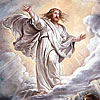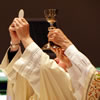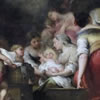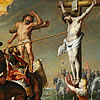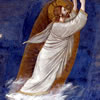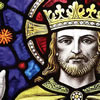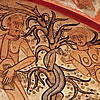Flood and the Last Judgment
Scriptures talk about two major floods. The first is the one we know very well in the story of Noah and the ark, while the second one is not as famous – but it is there in the Bible.
The story of the first flood comes at a time when God wants to “reboot” humanity. He wants to get rid of all evil men so he can start again. He, however, recognizes that there are some good people so he doesn’t have to start from scratch. Instead, he allows a flood to destroy the earth as he saves Noah and his family from where a “new creation” begins. It is a story of both judgment and salvation where God annihilates guilty humanity and at the same allows a few to escape.[1]
This foreshadows a second “flood,” which is more metaphorical than physical. Isaiah said, “See! The Lord is about to empty the earth and lay it waste. He will destroy death forever. On that day, the Lord will punish with his sword that is cruel, great, and strong, Leviathan the fleeing serpent, Leviathan the coiled serpent; he will slay the dragon in the sea.” [2]
Leviathan here is a metaphor for evil, and its home is the deadly water that causes death when it floods. In this context, water symbolizes death, and its master is Leviathan – that same cunning and coiled (ready to strike) serpent in the Garden of Eden.
The Psalms also sing of this same serpent: “You crushed the heads of Leviathan; you gave him as food for the sharks. You opened up spring and torrents, brought dry land out the primeval waters.”[3] These verses come from a lamentation for the destruction of Jerusalem in 587 B.C. It implies that God has reenacted the flood of Noah that allows a lesser power to destroy his divine project – so that he can rebuild it.[4] While it speaks of a past event, it also foreshadows the second flood to come.
This second flood is the Last Judgment. For us Catholics, we believe that our time on Earth as we know it will end. We will die, our bodies will resurrect and be reunited with our souls, we will be judged by Christ, and he will determine our eternal destiny, which is either heaven or hell.
When Christ spoke of this “destruction” at the end of time, he used the flood as a figure of speech. He said, “But of that day and hour no one knows, neither the angels of heaven, nor the Son, but the Father alone. For as it was in the days of Noah, so it will be at the coming of the Son of Man. In [those] days before the flood, they were eating and drinking, marrying and giving in marriage, up to the day that Noah entered the ark. They did not know until the flood came and carried them all away. So will it be [also] at the coming of the Son of Man.”[5]
Saint Peter also spoke of this reckoning in terms of a flood. “Know this first of all, that in the last days scoffers will come [to] scoff, living according to their own desires and saying, ‘Where is the promise of his coming? From the time when our ancestors fell asleep, everything has remained as it was from the beginning of creation.’ They deliberately ignore the fact that the heavens existed of old and earth was formed out of water and through water by the word of God; through these the world that then existed was destroyed, deluged with water. The present heavens and earth have been reserved by the same word for fire, kept for the Day of Judgment and of destruction of the godless.”[6]
Water as a means of destruction is consistent even in the book of Revelation. The Woman in Chapter 12 is stalked by the Dragon, “And then from his mouth the dragon poured out a flood of water after the woman, so that it would carry her away.”[7] Once again we see death that could be result of water whose master is the dragon, Leviathan, or the Serpent – who are all symbols of the same things. (And perhaps not by coincidence, the Hebrew word used in Genesis to describe the serpent in Eden is Nachash, which means a large serpent. It isn’t a tiny garden snake, but a fearful monster.)
As the typology goes, just as the world was judged and destroyed in the time of Noah, so will God judge the world when it ends. However, Jesus first battled with death when he descended to the dead and came up victorious. This fulfills how God battles Leviathan and left him as fish fodder. Finally, God allows some of his people to survive the final death just as how he allowed Noah and his family to survive the flood. The Resurrection of Christ is proof of this escape, and when we are born into the Church through baptism, we ride that vessel and escape the deluge at the end of time.
[1] Danielou, Jean, SJ. From Shadows to Reality. 1960, 2018.
[2] Isaiah 24:1, 25:8
[3] Psalms 74:14-15
[4] NABRE footnotes on f Psalms 74
[5] Matthew 24:36-39
[6] 2 Peter 3:3-7
[7] Revelation 12:15. Good News Translation, New Living Translation.
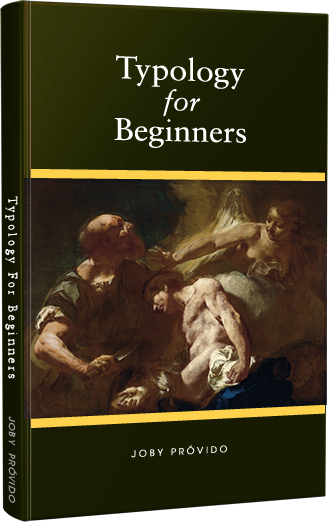
Typology for Beginners
A Catholic Perspective on understanding the New Testament through the Old Testament
First-century Jews converted to Christianity in droves because of the way the New Testament was written to show Jesus was the Messiah promised by the Old Testament. We also learn about how Mary is the New Eve and the Ark of the Covenant in the way the writers portray her.
Through typology, the patterns that connect the Old and New Testaments make the Bible stories more accessible so that one becomes excited to read Sacred Scripture again.
Get your copy now either in Hardbound, Paperback, or Kindle
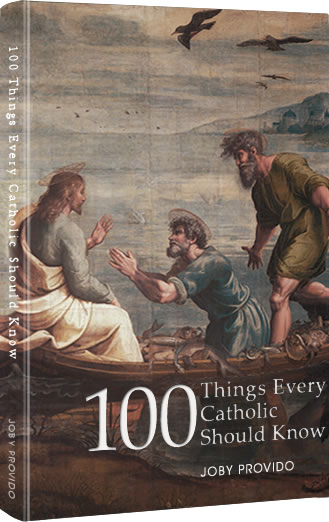
100 Things Every Catholic Should Know
Whether or not you are new to the Catholic Church, or struggling, or lapsed, or dynamically involved, this book will enlighten you with the essentials of the Faith that have been handed down to us by the apostles.
Each of the 100 topics is easy to read and distilled into bite-sized portions. Through cross-referencing, the book also shows how the topics are interrelated. Those who are new to the Faith will find this book an edifying handy reference, and those who have simply forgotten will find it a great review material that might spark a new love for God and religion.
Get your copy now either in Hardbound, Paperback, or Kindle
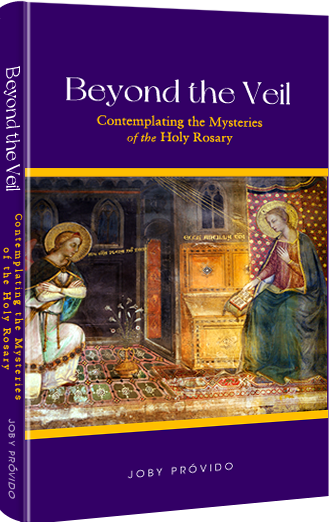
Beyond the Veil
Contemplating the Mysteries of the Holy Rosary
Prayer giants like Pope St. John Paul II, Pope Paul VI, Bl. Archbishop Fulton Sheen, and Bishop Robert Baron advocate that we contemplate on the mysteries of the rosary while we say the vocal prayers. Unfortunately, there are not many books that teach us how to do this. Beyond the Veil comes to the rescue by suggesting seven ways we can pray the rosary the way it was intended.
The larger part of the book offers mental images for each of the mysteries we can use in our contemplation, for how can we imagine the scenes in the rosary if we don't know about them?
Get your copy now either in Hardbound, Paperback, or Kindle
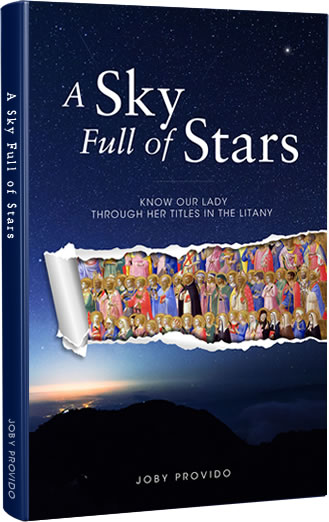
A Sky Full of Stars
Know Our Lady through her Titles in the Litany
The Church helps us understand who Mary is by honoring her with different titles in the Litany of the Blessed Virgin Mary. Unfortunately, over time and difference of culture, we might not grasp what it is the Church is ascribing to her and lose that opportinity to get to know her.
In A Sky Full of Stars, each title of the Litany is explained so we get know Mary more and fall in love with her all over again.
Get your copy now either in Hardbound, Paperback, or Kindle


